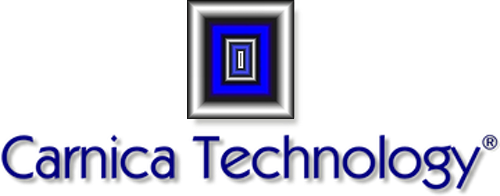
Course: C++ REFRESHER
Who Should Attend?
Software developers who want to refresh and their C++ knowledge.
Pre-requisites:
Basic C++ knowledge.
Duration:
2 - 3 days depending on the selected modules.
Course Description:
This course allows C++ programmers to check their existing C++ knowledge for correctness and completness, to recover lost C++ know-how and to acquire possibly missing knowledge.This leads to a solid understanding of the programming language C++ which, due to the memory and runtime considerations, allows especially embedded software devlopers to create powerful and reliable applications.
The course is designed in a modular way and thus can be customised according to the requirements. The contents of the course are based on C++98 which currently is the most widespread language standard in use. The features of the newer language standards C++11, C++14 and C++17 are covered in the course "Modern C++" which requires the knowledge imparted in this course as a pre-requisite.
Course Outline
NON-OBJECT-ORIENTED LANGUAGE FEATURES
- Enumerations
- Data type bool
- References
- Function Overloading
- Default Parameters
- Namespaces
- Dynamic Memory Management
- Operator Overloading
- Input/Output (cin/cout)
CLASSES AND OBJECTS
- Data Elements, Attributes
- Element Functions, Methods
- Inlining
- Static/Non-static Elements
- this-Pointer
- Access Rights public and private
- Constructors and Destructors
- Constant Methods
INHERITANCE
- Base Classes and Derived Classes
- Modelling of the Base Class Functionality
- Impact on the Construction and Destruction
- Access Right protected
- Private Inheritance
OPERATORS AS ELEMENTS OF A CLASS
- Assignment Operator
- Subscript Operator
- Type Convertion Operator
VIRTUAL FUNCTIONS AND POLYMORPHISM
- Static and Dynamic Binding
- Virtual Function Table
- Abstract Functions and Abstract Classes
- Interfaces
TEMPLATES
- Template Functions
- Template Parameters
- Specialisation
- Class Templates
- Templates and Inheritance
- Explicit Template Instantiation
- Static Polymorphism
EXCEPTION HANDLING
- Exception Handling with try and catch
- Stack Unwinding
- Evaluating the Exception Information
- Exception Families
- Handling of Multiple Exceptions with a Single Handler
- Exception Spezifications
- Standard Exceptions
On request this training course can be arranged also as customer internal training.
Contact us with your requirments for course type, number of participants and location.
